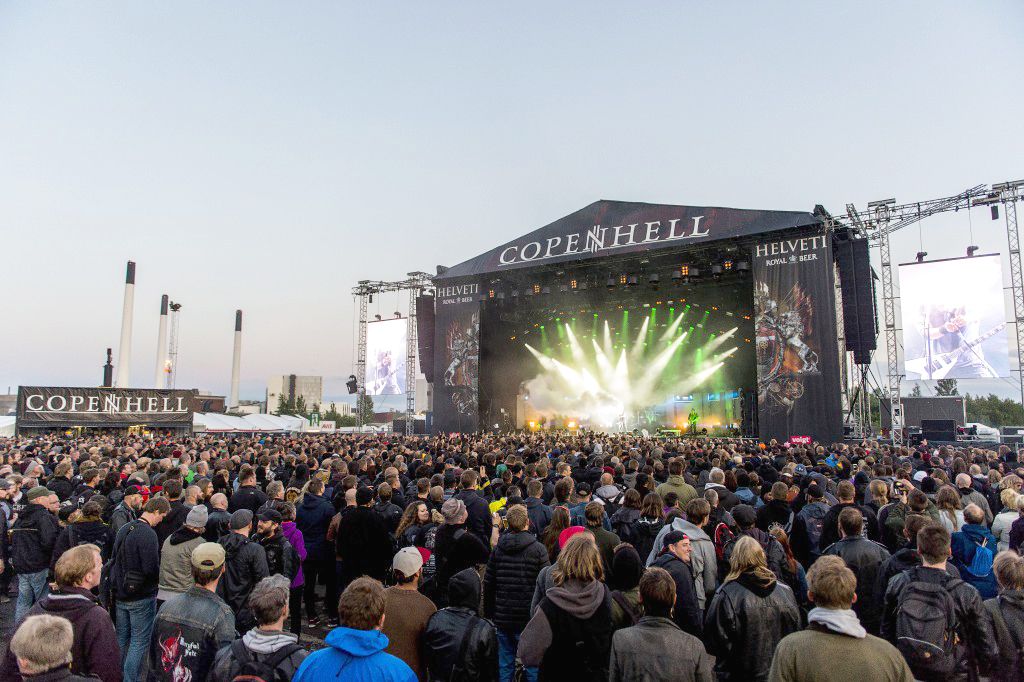Copenhell
June 23-25; Refshaleøen, Refshalevej 185, Cph K; 1,170kr; copenhell.dk
Are you ready for three days of hell on Earth when Copenhell for the sixth time transforms the harbour area at Refshaleøen in the city centre of Copenhagen into Denmark’s biggest and wildest metal festival?
In June it is on again, and hard rock and metal fans from all over the country and further afield will get ready to go crazy and show their best headbanging skills to great names like Black Sabbath, The Scorpions, Megadeth, Alice Cooper and many more legendary artists.
The three-day festival starts on Thursday morning and continues until Saturday night where the festival will close with one hell of a concert – with who, you will have to wait and see as the final program hasn’t been published yet, but so far the festival hasn’t disappointed their fans.
The goal of Copenhell is to be the biggest festival of its genre in the north, and with their great success over the past few years and the growing number of attendees, it is a goal within reach. From the moment you walk through the gates of hell, you are guaranteed the full experience that will satisfy even the biggest metal devotee.
As well as three stages – Helvíti, Hades and Pandæmonium – constantly delivering entertainment and dark music, make sure you visit the biergarten, where the infamous parties have already obtained legendary status, and an area called ‘Smadreland’, where you can let loose your aggression and go crazy on a car with a big hammer or totally smash a TV like a real rebel.
This experience is not for the faint-hearted, but for real metal fans – organised by fellow metal fans.















